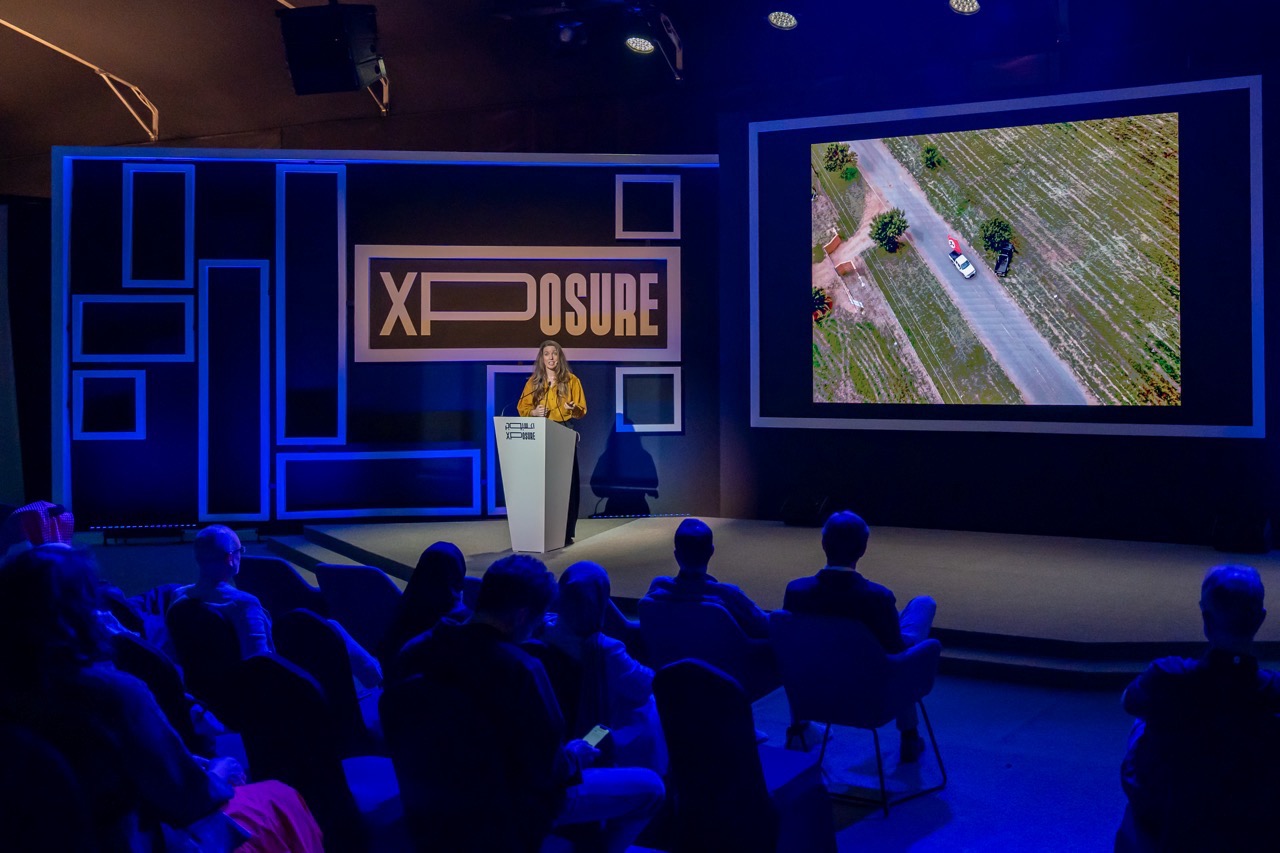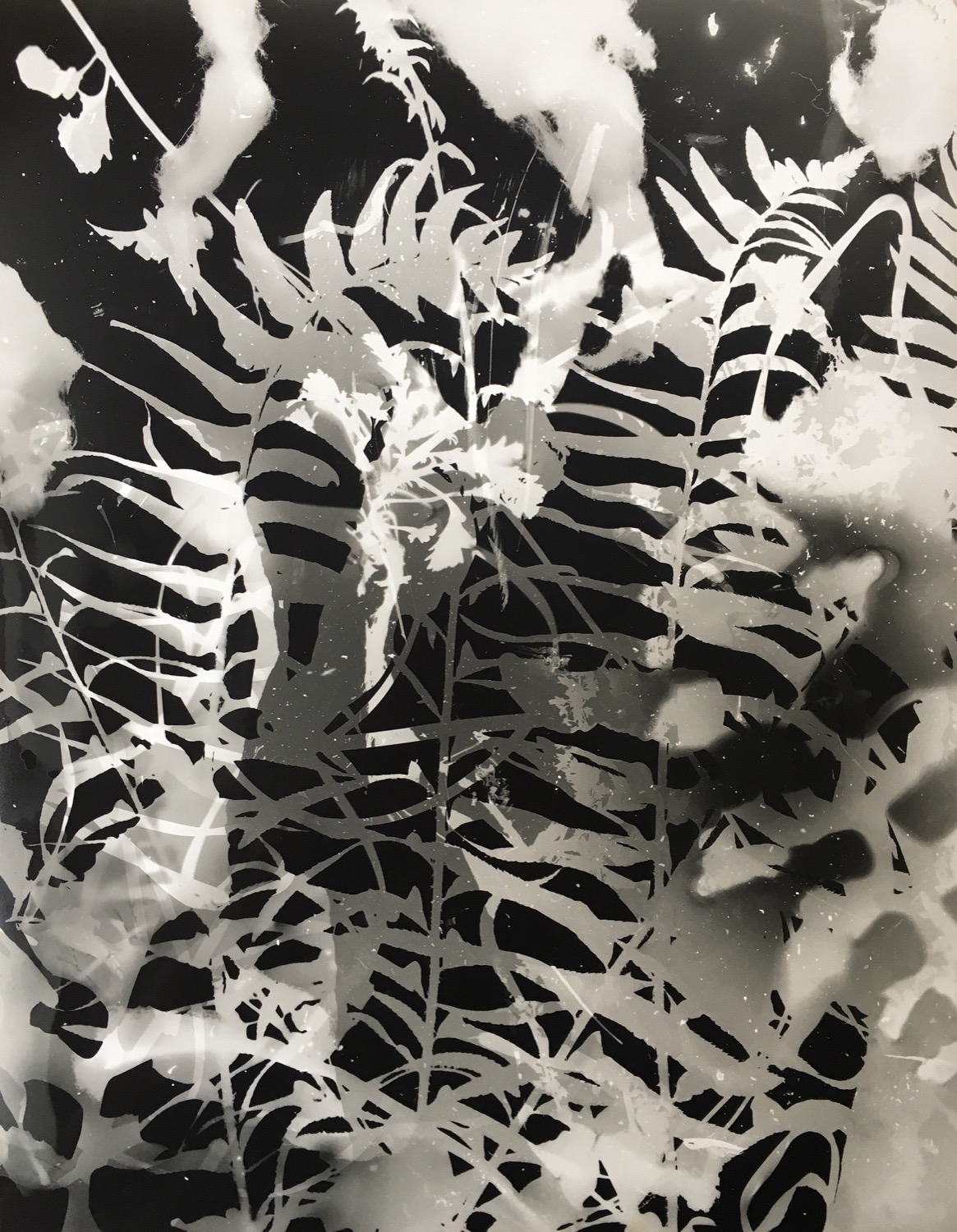
Fugue State Revisited
Aline Smithson
After the loss of a hard drive that held twenty years of analogue scans, I received only half the files back in recovery.
Aline Smithson

After the loss of a hard drive that held twenty years of analogue scans, I received only half the files back in recovery. The rest of the files were corrupted, each totally unique in how the machine damages and reinterprets the pixels. This alarming result made me begin to consider ever-shifting digital platforms and file formats, and I realized that much of the data we produce today could eventually fall into a black hole of inaccessibility. The Getty Research Institute states: “While you are still able to view family photographs printed over 100 years ago, a CD with digital files on it from only ten years ago might be unreadable because of rapid changes to software and the devices we use to access digital content.”

Payment Failed

As an analogue photographer, rather than let the machine have the last word, I have cyanotyped over my damaged digital scans. I use silhouettes of portraits from my archives to conceal and reveal the corruption. By using historical processes to create a physical object, I guarantee that this image will not be lost in the current clash between the digital file and the materiality of a photographic print. Fugue State Revisited calls attention to the fact that today’s digital files may not retain their original state or even exist in the next century. As we rely on technology to keep our images intact for future generations, it begs the question: who will maintain our hard drives after we are gone? Will we be able to conserve photographs that speak to family histories? These are important considerations for our visual futures, as we may be leaving behind photographs that will be reimagined by machines.

About
Aline Smithson is a visual artist, editor, and educator based in Los Angeles, California. She is best known for her conceptual portraiture and a practice that uses humour and pathos to explore the performative potential of photography. Growing up in the shadow of Hollywood, her work is influenced by the elevated unreal. She has exhibited widely, including over 40 solo shows at various international institutions, and her work has been featured in publications including The New York Times, The New Yorker, and PDN. Smithson is the Founder and Editor-in-Chief of Lenscratch, a daily journal on photography.
In 2012, she received the Rising Star Award through the Griffin Museum of Photography for her contributions to the photographic community. She also received the prestigious Excellence in Teaching Award from CENTER. In 2014 and 2019, Smithson’s work was selected for the Critical Mass Top 50. In 2015, the Magenta Foundation published her first significant monograph, Self & Others: Portrait as Autobiography. In 2016, the Smithsonian Air and Space Museum commissioned Smithson to create a series of portraits for the upcoming Faces of Our Planet Exhibition. In 2018 and 2019, her work was exhibited in the National Portrait Gallery in London as part of the Taylor Wessing Prize. Kris Graves Projects published her book, LOST II: Los Angeles and included her work in SOLACE and On Death. Peanut Press is releasing her new monograph, Fugue State, in Fall of 2021.
.svg)
.svg)
.svg)







